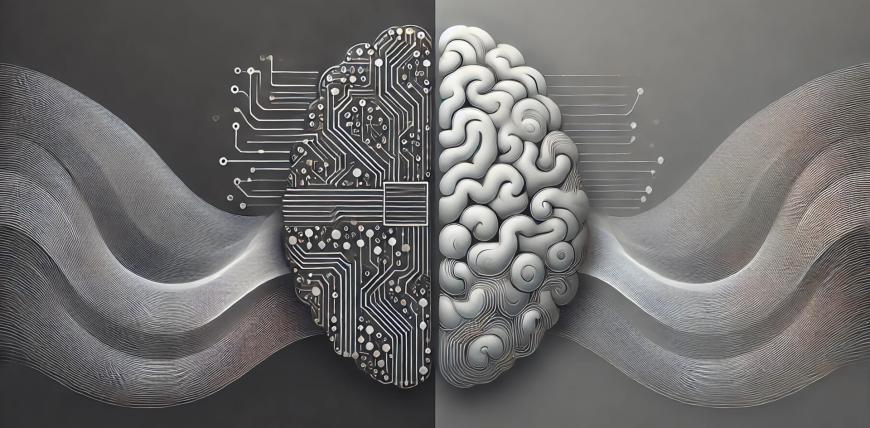
Magnetism for Intelligent Devices (MIND)
Our research is aimed at shaping futuristic computing architecture. We are interested in studying the physics, materials, and engineering aspects involved in developing next-generation memory, logic, and brain-inspired computing hardware.
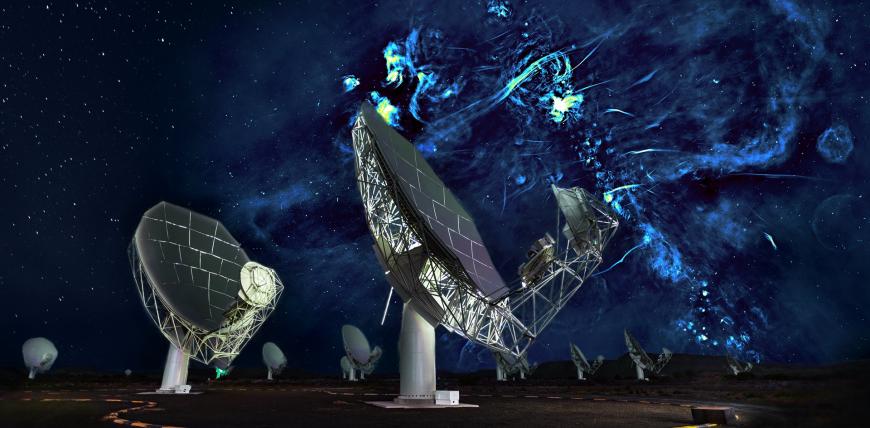
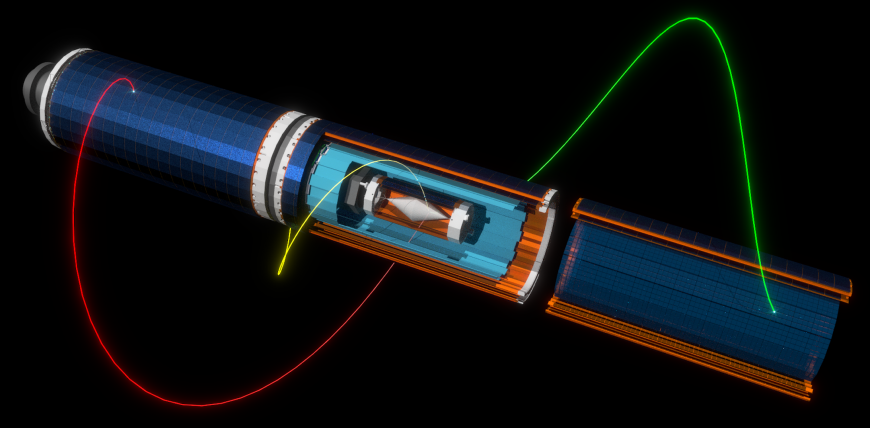
Mu3e
The Mu3e experiment is a new search for the lepton-flavour violating decay of a positive muon into two positrons and one electron.
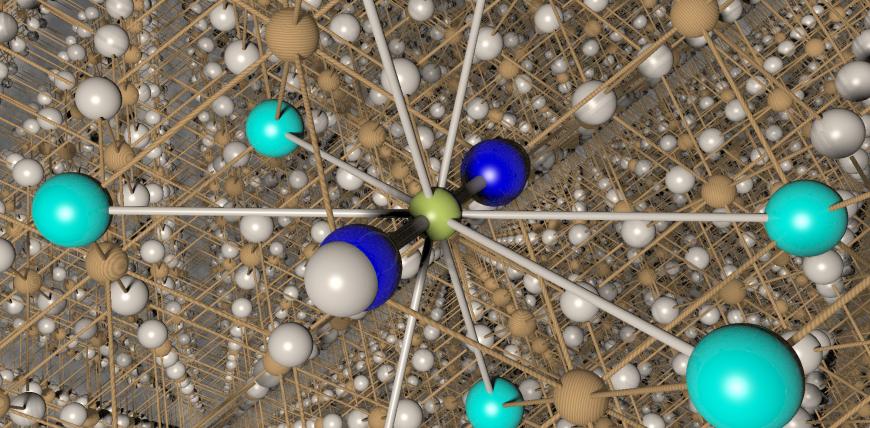
Muons and magnets
Our research involves fundamental studies of emergent phenomena in quantum materials using muon-spin rotation, an experimental technique involving implanting radioactive particles that acts as microscopic magnetometers.
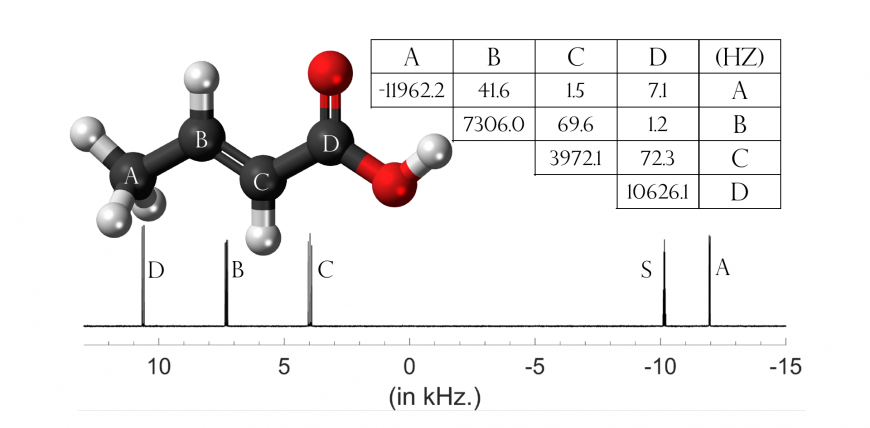
NMR quantum computing
Applications of quantum control to building small demonstration quantum computers with nuclear magnetic resonance

Nonlinear spectroscopy and sensors
Our research currently focusses on applications of sensitive optical diagnostic techniques pioneered in the group for applications in engineering and chemistry.
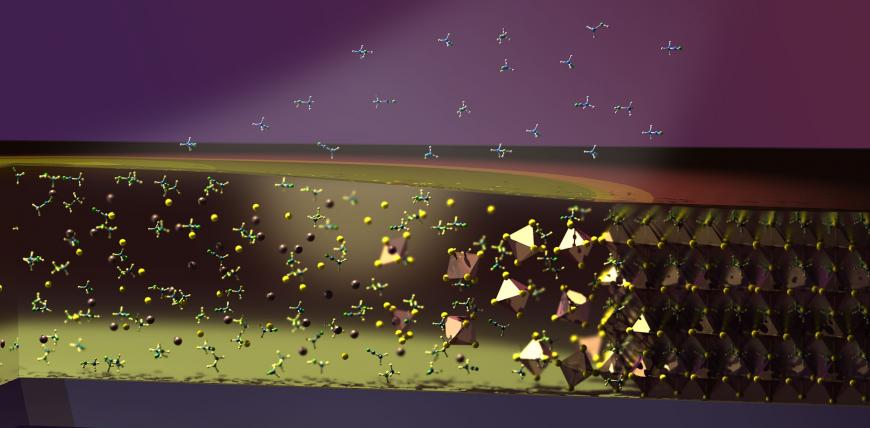
Novel Energy Materials and Advanced Characterisation
Novel energy materials and advanced characterisation

Nucleic acid nanotechnology
We study the physics of synthetic biomolecular nanostructures in order to create disruptive technologies including probes of cellular structure and function, templates for molecular electronics and molecular machinery for atomically precise manufacture
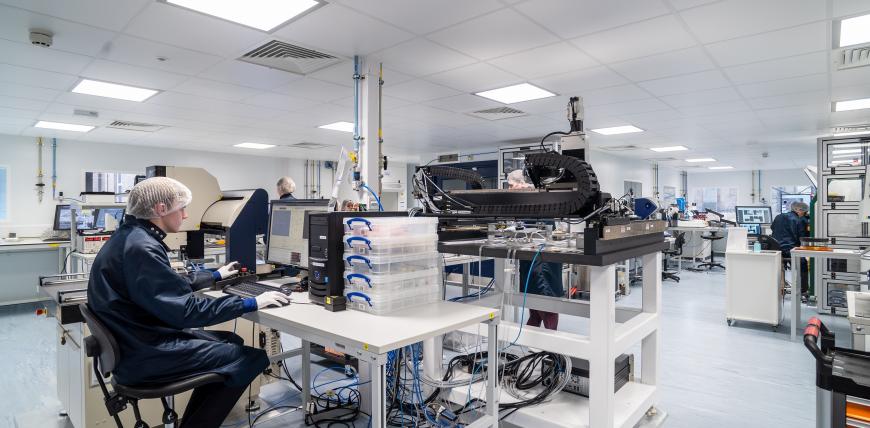
OPMD
The Oxford Physics Microstructure Detector (OPMD) laboratory is equipped with state-of-the-art instrumentation to evaluate sensors in the laboratory before and after irradiation as well as to build detector assemblies.
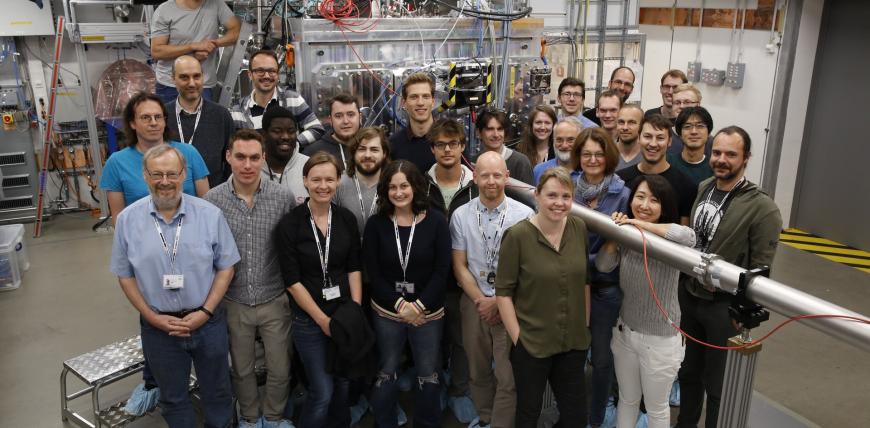
Oxford Centre for High Energy Density Science (OxCHEDS)
The Oxford Centre For High Energy Density Science (OxCHEDS) brings together groups from across Atomic and Laser physics (and beyond) with an interest in the study of matter under extreme conditions.
Oxford Molecular Motors
We are currently working on Rotary Molecular Motors. In particular the Bacterial Flagellar Motor and F1FO ATP-synthase. The aim is to try and understand how these living machines work. We use a range of techniques. Molecular motors are tens of nanometre
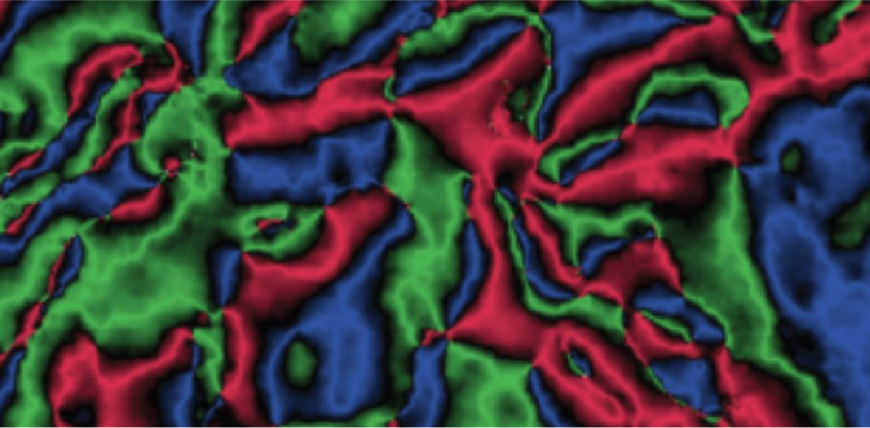
Oxide electronics
We study novel quantum materials with the potential for integration in a new generation of fast, non-volatile memories and other electronic devices. Our current emphasis is on magnetic oxides which can be controlled by electric fields.
